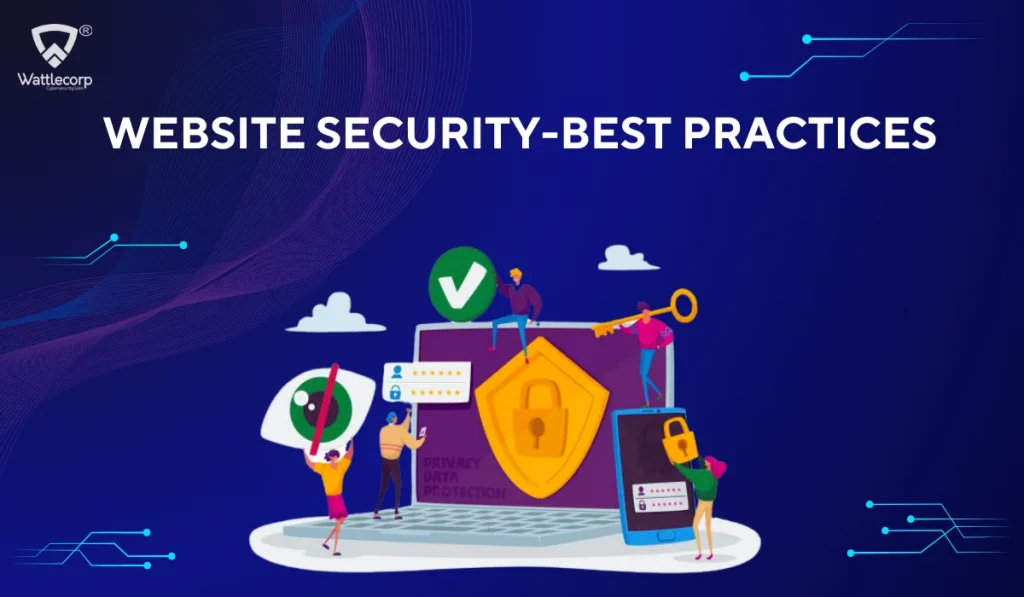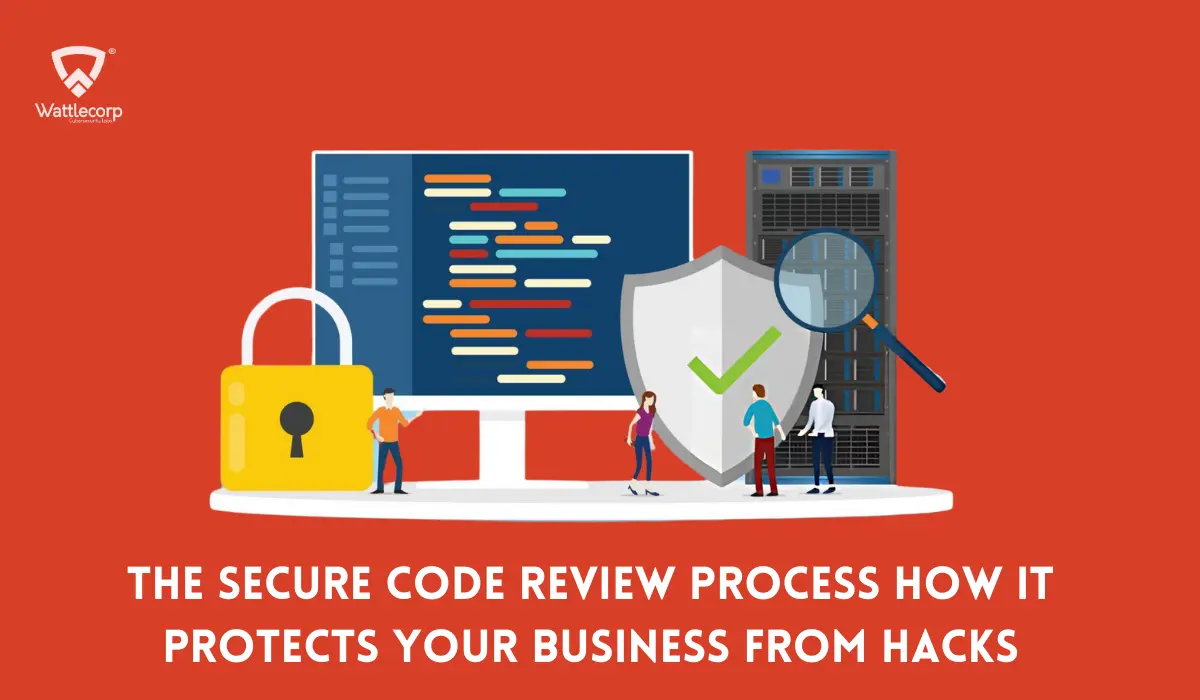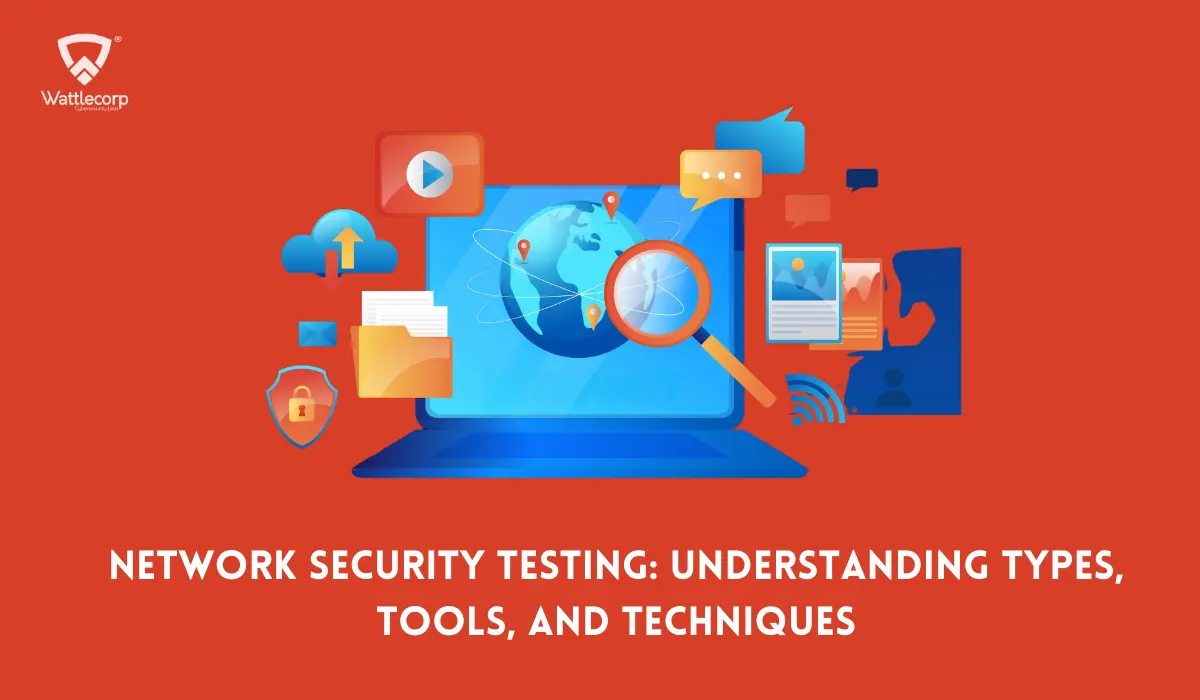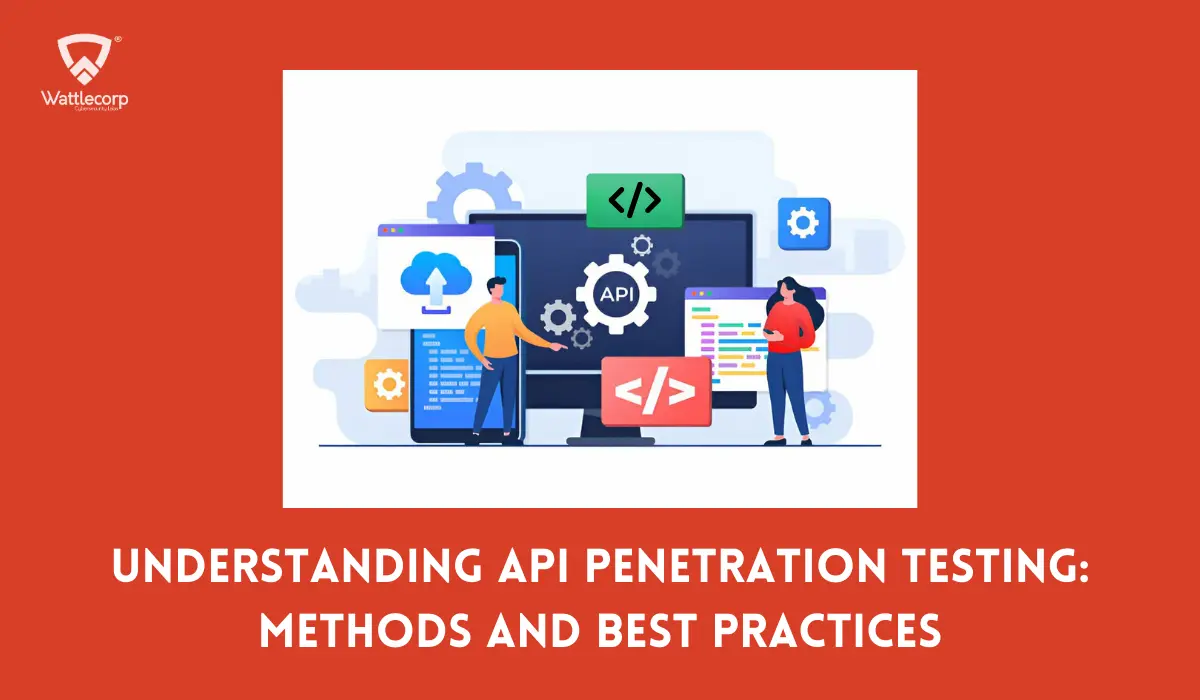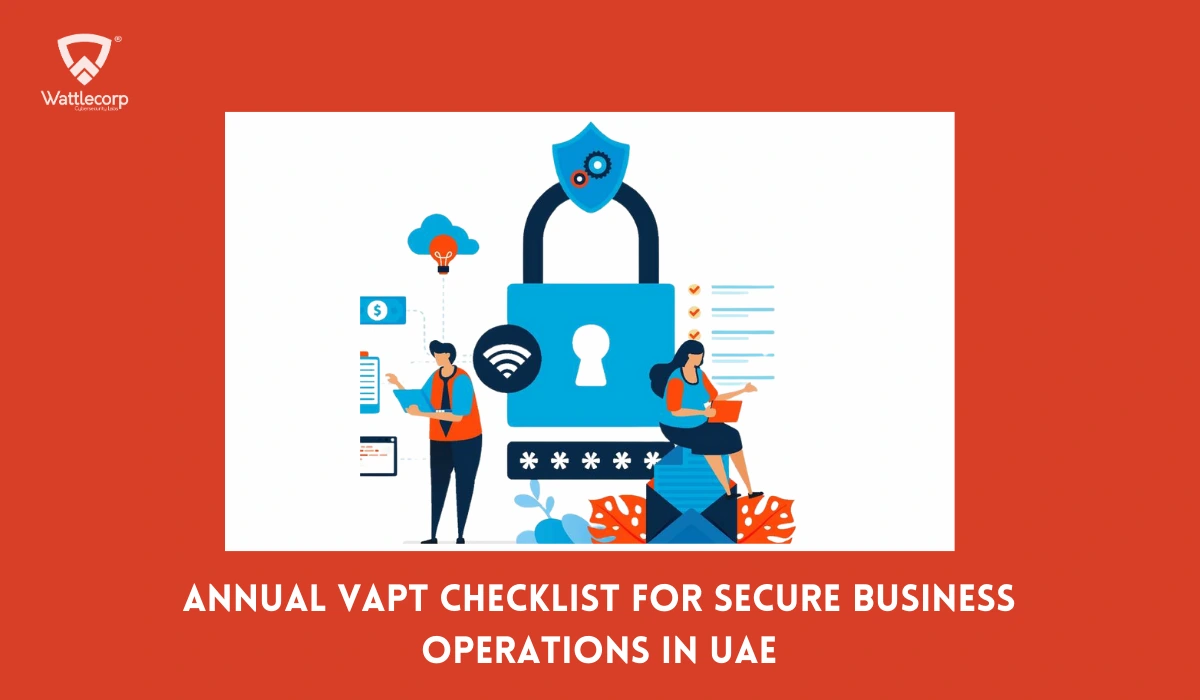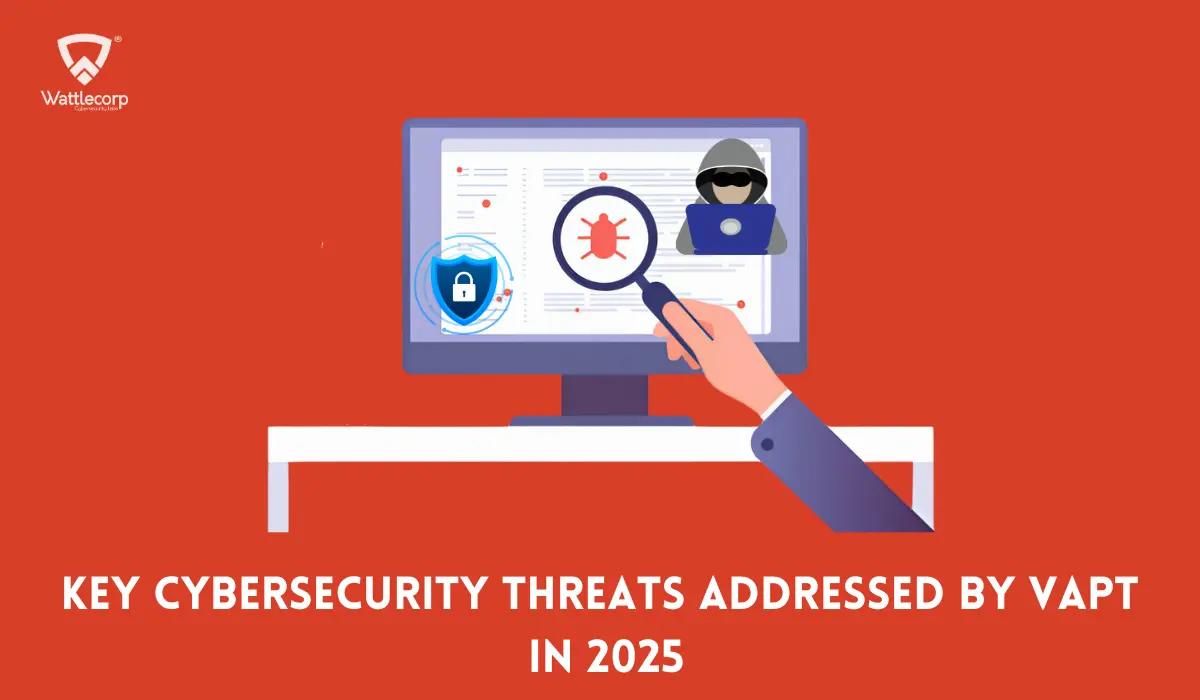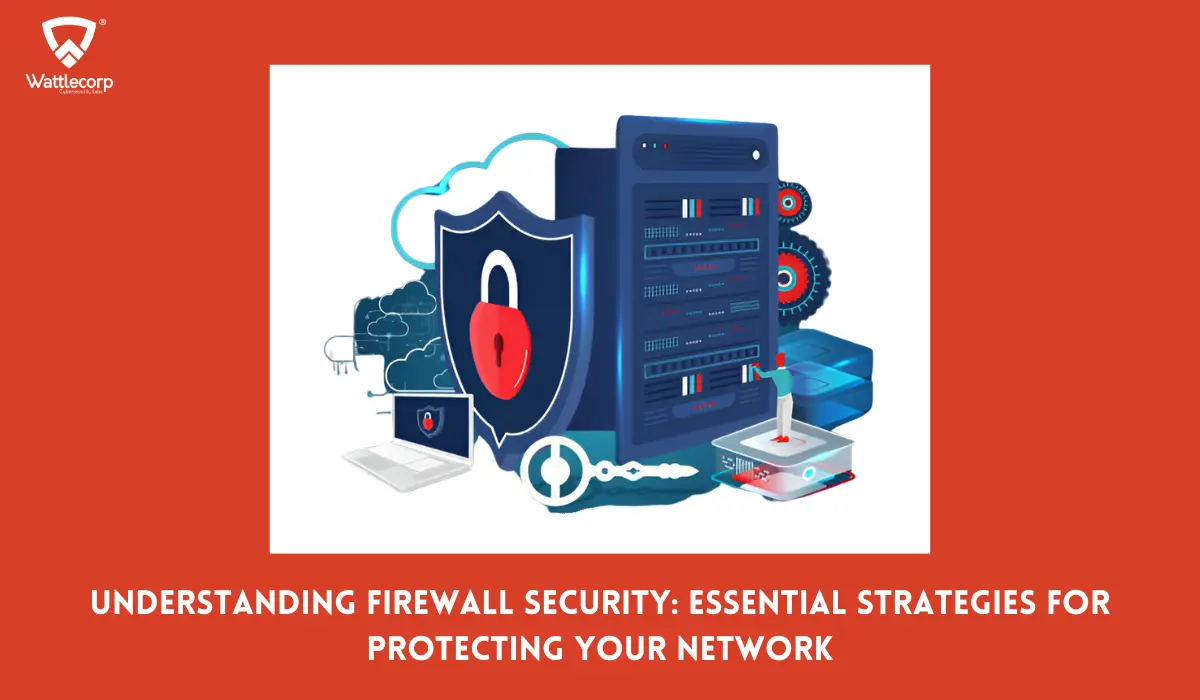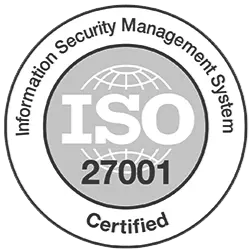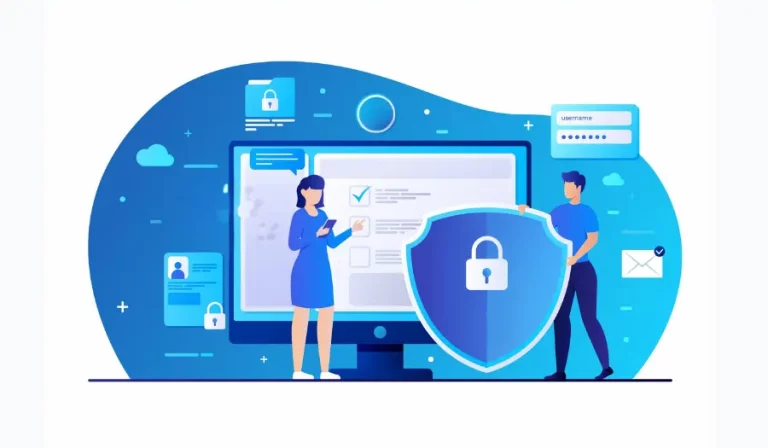Simply put, website security revolves around how secure your website and its database are against internal and external cybersecurity threats. Unless your website is secure, it can fall prey to malicious hackers, leading to the loss of sensitive data, and financial, and irreparable reputation damage. Website security helps protect your online presence and customer data. This is a comprehensive website security guide outlining the measures you need to take to defend your website against malicious cyber attacks and keep your business data safe from hackers who will attempt to breach your website security vulnerabilities using various methods such as phishing scams, malware exploitation, SQL injections, cross-site scripting (XXS), and social engineering scams.
Website security is not a one-time process; once you have figured out how to test your website’s security, you need continuous assessment and monitoring as well as constantly evolving website security measures in place to ensure that your website is protected from the latest security threats.
Table of Contents
ToggleWhat is the Importance of Website Security?
It is not possible to understand the exact intention of malicious hackers who are attempting to hack your website. Maybe they’re looking to misuse the sensitive data of your customers; maybe they’re looking to use your organizational data to undermine your business efforts, or maybe they’re trying to exploit your end users to try to trick them into making fraudulent purchases.
But whatever the intent behind the attacks, it is safe to say that you may be susceptible to website security threats, irrespective of the size of your business. So, even if you’re a new startup or a small enterprise, your website is not immune to attacks from bad agents. If your website is hacked, you can lose almost all your website traffic, not to mention all your good rankings from the carefully curated search engine optimization efforts you’ve made. Having your website hacked is worse than having no website at all!
A hacked website can mean not only data theft, but you may also find yourself facing huge fines and having a lawsuit on your hands! Now that you’ve understood the importance of website security, let us take a quick look at how you can conduct a website security audit, the common types of website security, and best practices you must adopt to safeguard your website and data systems from malicious hackers.
How To Improve Website Security
Website security is not a matter to be taken lightly if you wish to ensure that your business, however big or small, is protected against external threats that wish to undermine your business growth by exploiting website security vulnerabilities that your IT security team may have overlooked. So it is important that you not only know how to test website security but also how to safeguard your website.

Read on to understand how to secure a WordPress website or an HTML website against common website security threats, get an in-depth insight into how to check website security, and also discover the best web security plugins while you’re at it!
1. Adopt, Adapt, and Update!
Update everything in a timely fashion. And we cannot stress this point enough!
Websites are highly vulnerable to attack if they are running on outdated software, and this poses a high-risk threat to your organization. To avoid zero-day vulnerability exploitation, make sure that your website software is patched and updated as soon as a security threat is identified. A problem that you may overlook is that hackers are not watching your website at all hours, waiting for a security breach they can exploit.
A large number of website attacks are automated with the assistance of malicious bots that are always scanning websites to try and unearth vulnerabilities. This means that you need to be on high alert every single second. This is why you must also check regularly for new plugins and incorporate new CMS versions the moment they are available to ensure Content Management System (CMS) security as well.
A good plugin for WordPress websites that will help you stay on top of your security game is WP Updates Notifier, which will send you an email notification every time WordPress comes up with a new plugin or update.
2. Get Your Password Game on Point!
A lot of cyber-attacks are not as sophisticated as you might think; even manually orchestrated attacks like password guessing or keystroke logging can lead to catastrophic results for your website’s security. This is why you must protect all your data assets with strong passwords that are not easily trackable.
If you set simple numeric passwords like 123456789 or character passwords like admin, you are almost begging to have your website security breached by hackers who are smart enough to combine previously breached passwords with dictionary words to create a long list of potential passwords!
Here are some best practices to keep in mind while creating passwords for your systems:
- Use long and complex passwords. The rule of thumb is that the longer and more complicated your password is, the harder it will be for password cracker programs to crack it.
- Reset your passwords regularly. Update your passwords periodically, and while “reduce, reuse, recycle” is a great motto when it comes to saving our planet, never reuse passwords if you wish to save your website from malicious exploitation!
- Use random passwords that avoid using real words in them. You’re creating a password, not a poem; they need not have any meaning to them. The more random your password, the harder it will be to crack!
3. Update Your Content Management System (CMS) Security
Numerous CMS apps out there are very user-friendly and come with preset configurations to make your life easier. But this also poses a security risk that you may accidentally overlook. Most cybersecurity attacks against websites are automated with malicious bots that focus on undermining website CMS systems by targeting default settings.
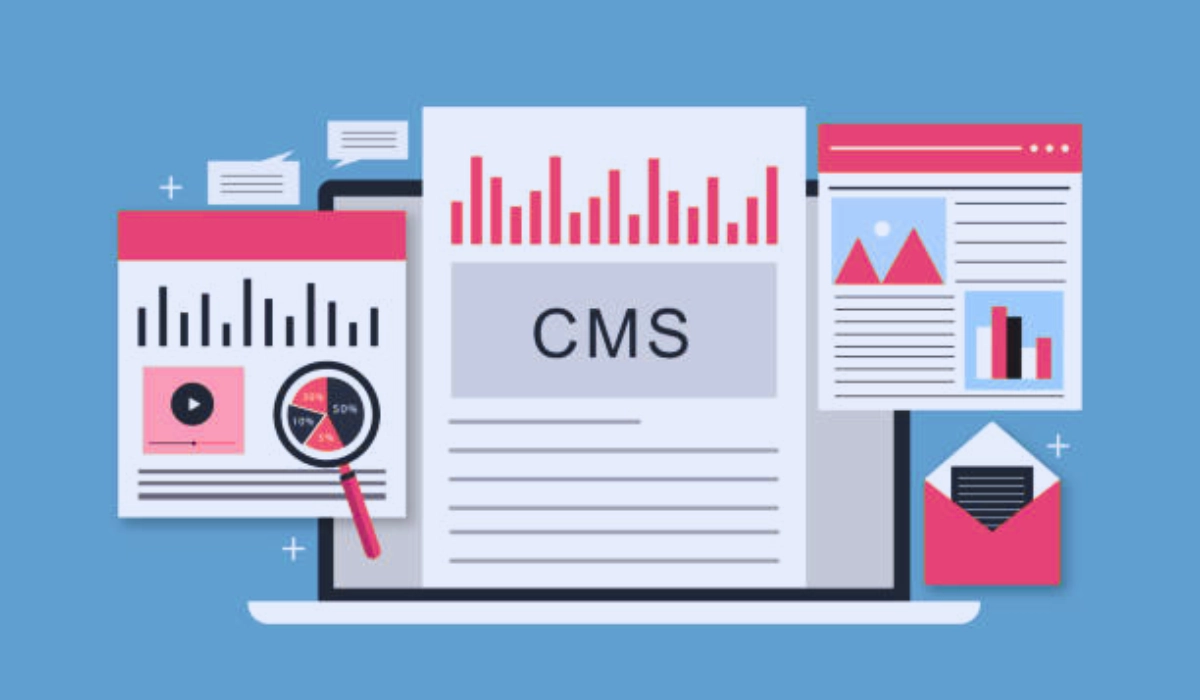
There is a simple fix to this, however! All you need to do is take the time and effort to change your preset CMS settings, such as the interactive ones to control users, comments, likes, and information visibility, from their default state to a more curated one for your website.
4. Set Defines Roles and Permissions
Access is power when it comes to data systems, and you must ensure that you limit the power of users when it comes to being privy to sensitive data. Even if your users have no malicious intent, they will be targeted by hackers who do. So make sure that access and permissions are limited and given only to those users who need them to keep your business operations flowing smoothly. Employ the Principle of Least Privilege when it comes to your website’s access. In simple words, give access only to those required to complete a specific task and only for the duration of time it takes to complete said task.
5. Choose Plugins and Extensions carefully
You have so many extensions and plugins to select from to improve the user experience of your website, but which of these thousands of add-ons is safe to use?
While selecting and downloading extensions for your website, be mindful about choosing extensions that have been updated recently, have a large number of installs, and only choose extensions that come from reliable sources and authors.
6. Have a Secure Website Backup
What do you do when your best-laid plans go awry and your website security is breached? Well, the same thing you would do in case of a natural disaster – to initiate a plan of action to curb the damage and salvage the situation. To recover from a website security attack, you will need to have a data backup that will help you recover corrupted data.
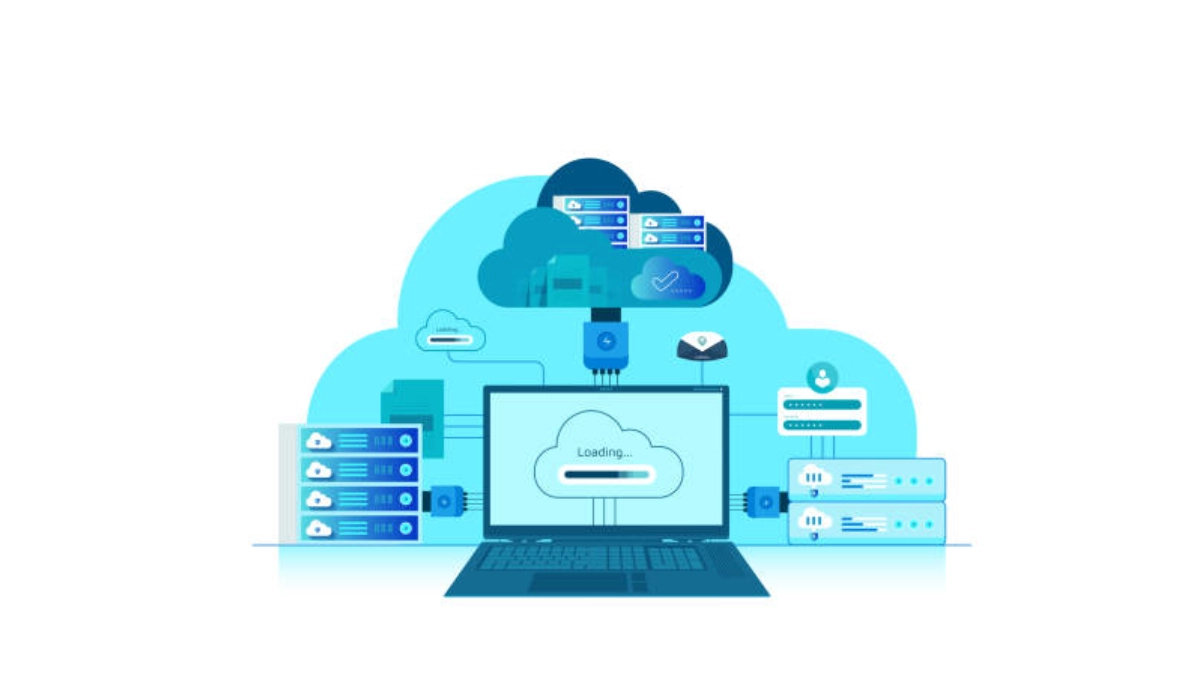
While setting up a website backup, make sure that you do so off-site, so that they are not likely to fall prey to the same software or hardware attack as your original website. Your backups must also be automated so that they are updated constantly with every small change you make to your website. Lastly, conduct regular tests to see that your backups are updated and in good working condition.
7. Constant Vigilance!
Website security requires continuous monitoring. Hackers will have malicious bots continuously monitoring your website for the smallest signs of weakness, and you should install scanning and monitoring tools that are one step ahead!
Advanced website security monitoring and vulnerability scanning tools will give you timely alerts when your website defences experience flaws, giving you the time to fix these holes in your security before hackers get to them. You can set triggers that will sound the alarm and notify you when your website is under attack, which will help you double up on your safety measures and actively counteract security threats.
Website Security Best Practices for Small Businesses and Enterprises Alike
Hosting different sites on different servers to avoid cross-site contamination. Understanding server configuration files and preventing directory browsing and image hotlinking.

Getting a website application firewall (WAF) as a first line of defence for your website and installing an SSL certificate to ensure that all data transmitted between your server and web browser is encrypted.Placing your website security in the hands of a reputable and reliable website security service provider.
Additionally, you can also follow some best security practices, such as:
- Hosting different sites on different servers to avoid cross-site contamination.
- Understanding server configuration files and preventing directory browsing and image hotlinking.
- Use a website application firewall (WAF) as a first line of defense for your website and install an SSL certificate to ensure that all data transmitted between your server and web browser is encrypted.
- Placing your website security in the hands of a reputable and reliable website security service provider.
Now, while tackling your website security issues might seem a little daunting, especially in today’s fast-paced environment of technological evolution, it is not as complex as you might think if you approach it with a clear roadmap in mind.
If you implement a structured framework for the implementation of website security measures and approach the endeavour systematically, your website security should be strong enough to protect your website from uninvited hackers and mitigate the threats that are associated with your confidential business data falling into the wrong hands.
As always with any security strategy, keep in mind that your website is unique, and the strategy you require for your website must also be uniquely curated to serve your website security requirements effectively.
Frequently Asked Questions [FAQ’s]
If the URL for your website begins with “https” instead of “http,” you can rest assured that your website is secure. Here, the extra “s” stands for “secure,” and this means that your website is using an SSL certificate, which ensures that every piece of information that is transferred from your browser to your website’s service is encrypted and secure.
The ramifications of a website security breach can be numerous and may include financial losses, data breaches and corruption, fraudulent transactions, litigation hassles, and reputational damage, which will in turn affect your customer’s faith in your business.
There are many ways to protect your website from being hacked. It is important to have a website security checklist and a comprehensive website security strategy that deploys a Web Application Firewall (WAF) that will filter out malicious hacking attempts as your first line of defence against external threats
